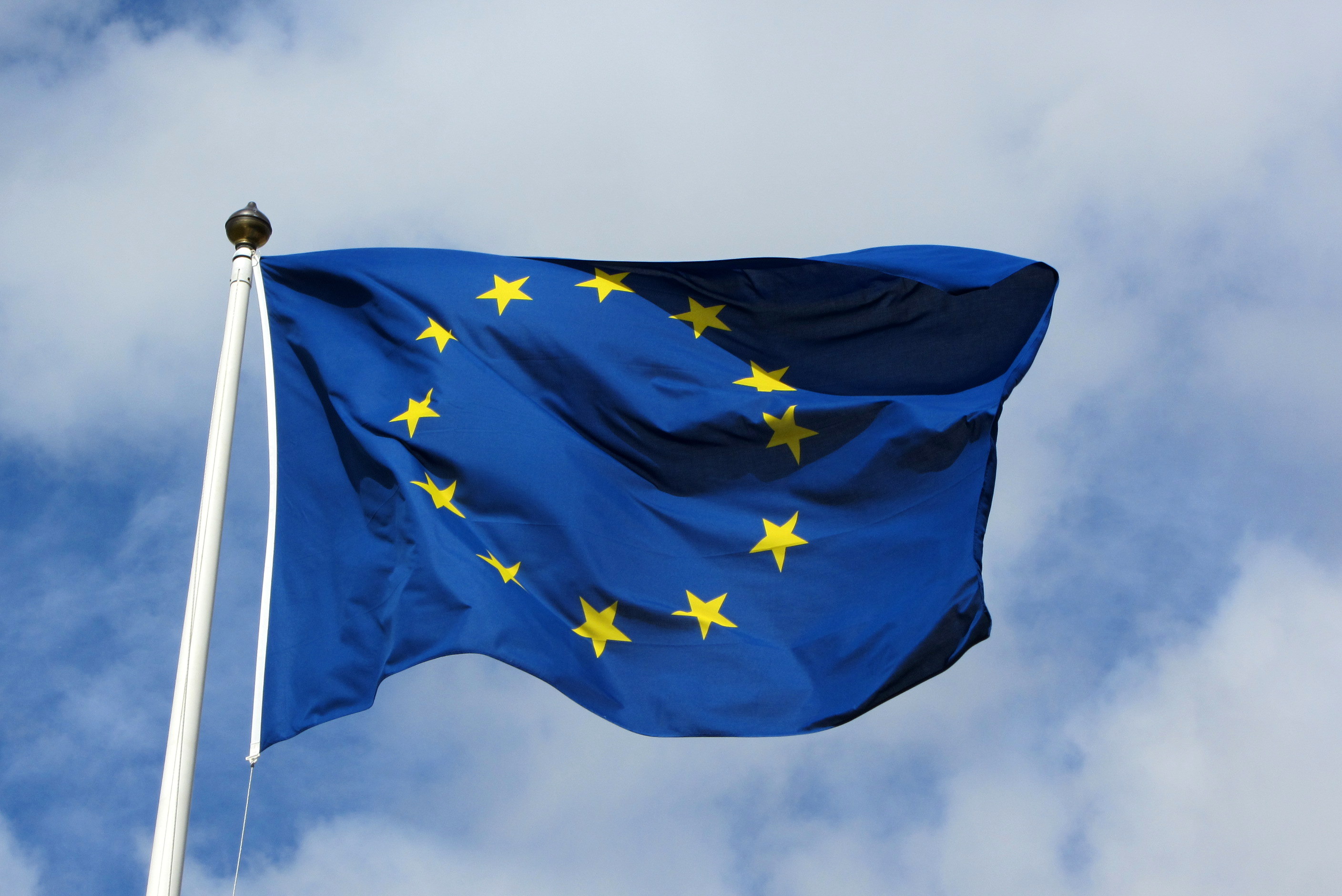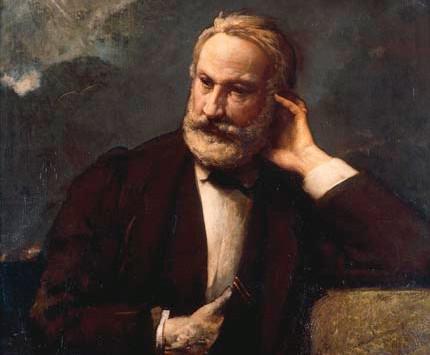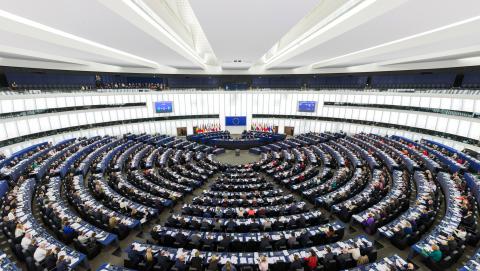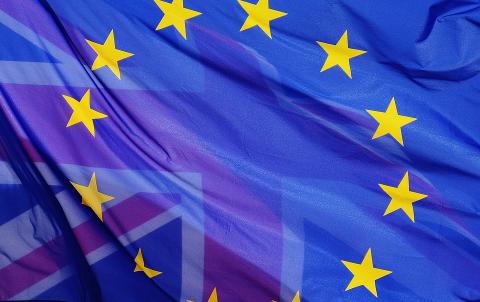Europe, our home?

Spring Symposium
Year 2017
Class of the Humanities
Mark Eyskens, Marc Maresceau
The future of Europe was the focal point of the Spring Symposia 2017 organised by the Royal Flemish Academy of Belgium for Science and the Arts.
An intense and innovative cooperation among European States within the framework of the European Communities, leading to the establishment of the European Union, has for decades brought security and economic progress to the European continent. Currently, however, the Union and its mission are under great pressure, while valid alternatives are lacking.
During three afternoon sessions, organised on 25 April, 2 and 9 May, important topical questions related to the European project were introduced by prominent speakers, academics and decision-makers from a historical, legal, economic and political perspective.
Attention is first given to how European cooperation and integration could take root so surprisingly rapidly after the Second World War and what visions were the driving force of the Founding Fathers behind the new European model. Afterwards, the objectives and functioning of the Union, as they result from the basic treaties, in particularly the Lisbon Treaty, are analysed. In this respect, specific attention is also devoted to the key role of the European Court of Justice.
Over the years the process of European cooperation and integration was often one of trial and error. In the Lectures, pivotal issues of the recent past are discussed such as the enlargement of the Union to 28 Member States, with still a number of candidate States in the enlargement waiting-room, the German unification, the introduction of the euro and the banking crisis.
Also today, the Union faces great challenges such as for example its relationship to the rest of the world. In particular, the asylum and migration crisis, Brexit and the relations of the Union with Russia, Turkey and other neighbours are addressed.
At the closing session. Mr Herman Van Rompuy, former President of the European Council, will present his concluding remarks.
Van Victor Hugo tot Jean-Claude Juncker | 25-04-2017
In de eerste sessie van de Lentecyclus wordt nagegaan hoe de Europese samenwerking en integratie verrassend snel na de Tweede Wereldoorlog wortel konden schieten en welke de oorspronkelijke visie van haar stichters was. Tegen deze achtergrond worden de doelstellingen en de werking van de Unie besproken zoals die volgen uit diverse verdragen, en in het bijzonder uit het Verdrag van Lissabon.
Europa met vallen en opstaan | 02-05-2017
Over de jaren heen ging de Europese samenwerking steeds vooruit met vallen en opstaan. Onder de belangrijkste knelpunten uit het recente verleden komen aan bod: de uitbreiding van de Unie tot 28 Lidstaten - met een aantal kandidaat-lidstaten in de wachtkamer; de eenmaking van Duitsland en de invoering van de euro, de bankencrisis en de asiel- en migratiecrisis.
Topical Issues | 09-05-2017
Today, the Union faces great challenges in its relationship to the rest of the world: Brexit and the relations with Russia, Turkey and other neighbours, as well as the as the changing policy of the USA were addressed in the final session. Specific attention was also devoted to the key role of the European Court of Justice.
Mr. Herman Van Rompuy, former President of the European Council, presented his concluding remarks, reflecting on the past, present and future of the EU.
This final session was held in English.




